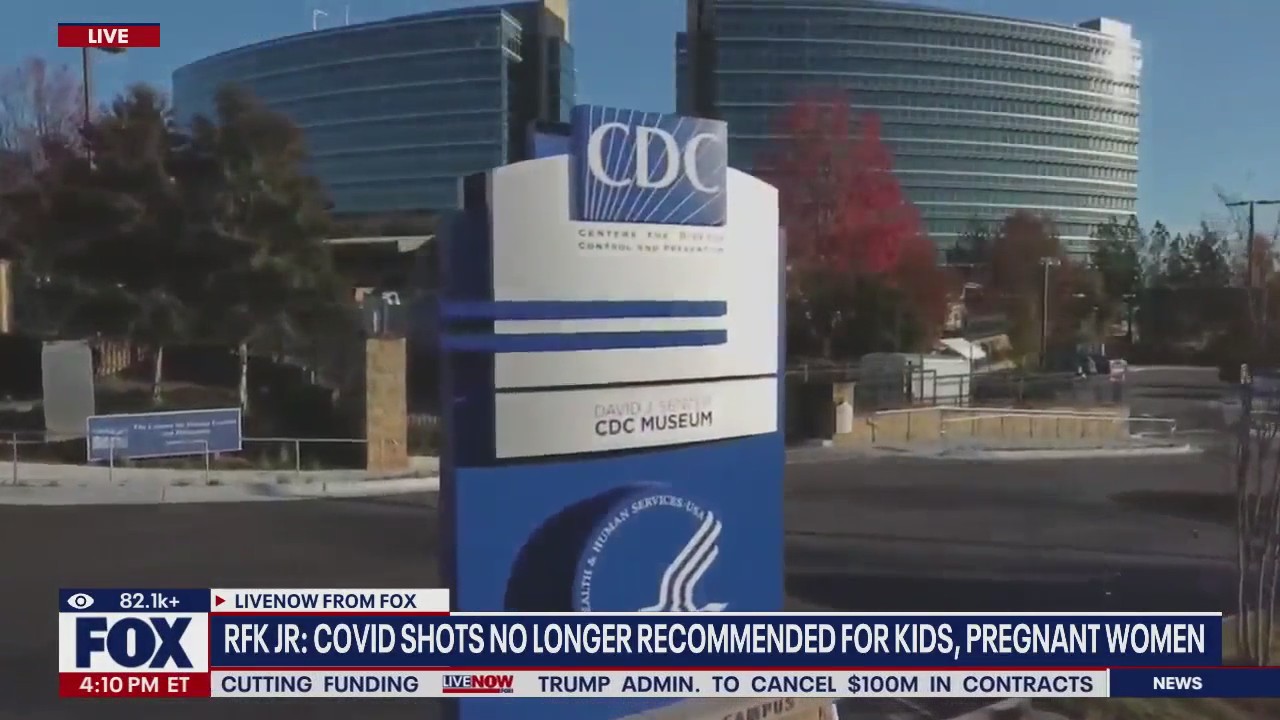A large study out of Karolinska Institutet suggests that people who’ve had COVID-19 could be at a higher risk of developing asthma, sinusitis, and hay fever. Researchers note vaccination appears to reduce these heightened chances.
Study links COVID-19 infections to increased asthma, allergy risk

Key Takeaways:
- COVID-19 is linked to an increased risk of asthma and allergies.
- Karolinska Institutet led the research, adding credibility to the findings.
- Vaccination may mitigate the danger of developing these respiratory and allergy conditions.
- The study highlights essential pointers for public health approaches to COVID-19.
Introduction
A recent investigation by Sweden’s Karolinska Institutet has turned the spotlight onto long-term effects of COVID-19, particularly regarding asthma, sinusitis, and hay fever. These findings, released on August 23, 2025, by Fox 10 Phoenix, underscore growing concerns about the aftereffects of the COVID-19 virus on respiratory health.
Study Findings
According to the study’s initial report, individuals who contracted COVID-19 are more prone to develop allergies and respiratory conditions than those who never had the virus. Significantly, the research indicates that getting vaccinated may help reduce a person’s susceptibility to these ailments. While details on the study’s methodology remain limited in the public release, the broad conclusion points toward a notable increase in respiratory risks following infection.
Research Implications
These discoveries highlight new questions for medical and public-health communities. Understanding how COVID-19 may leave people predisposed to asthma, sinusitis, and hay fever can help refine treatment guidelines and inform vaccine outreach strategies. The Karolinska Institutet findings also add to the expanding body of evidence on the long-term health consequences of COVID-19.
Conclusion
Though there remains much to learn about the virus’s lasting impact, this study offers critical insight into how COVID-19 could affect individuals’ respiratory health over time. By engaging in continued research and considering the protective role of vaccines, public officials and healthcare providers can better address the potential rise in post-COVID respiratory and allergy risks.











